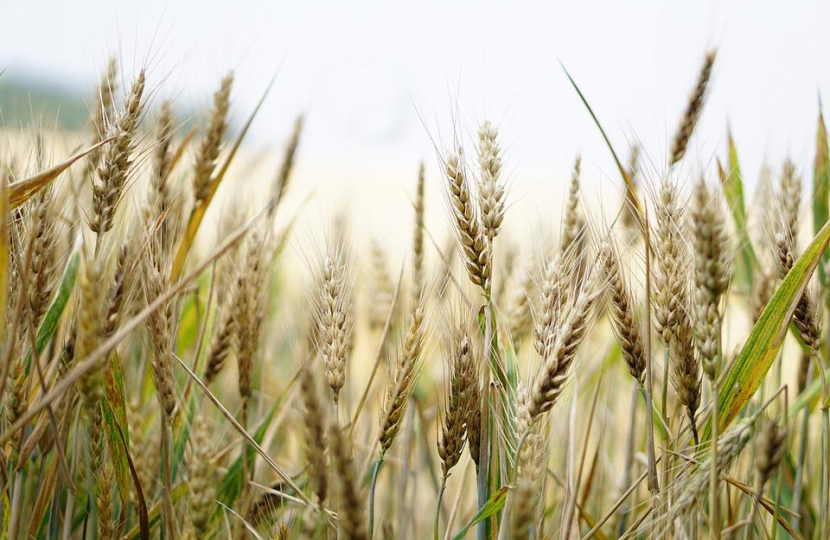
Earlier this week, the Prime Minister was at a farm outside Hayle to announce the government’s first-ever food strategy. SEF is one of a number of major agri-businesses in this part of Cornwall. They are farming thousands of acres in West Cornwall producing courgettes and cauliflowers. Of the five largest producers of brassica vegetables in the country, two are right here in the Hayle area with Riviera Produce being the other major local producer. Whereas farming is often quite fragmented in some parts of the country, these businesses are highly organised and created hundreds of jobs in Cornwall.
Recent events and the impact of the Covid pandemic are a reminder that domestic food production matters. During the first lockdown, the food supply chain responded to an unprecedented 50% surge in demand during an episode of panic buying, and they did not let us down. At every stage of the food system, from farming to manufacturing, distribution, and retail, key workers in the food industry showed extraordinary commitment and ingenuity, delivering an incredible logistical feat.
International food security comes from a combination of dispersed food production around the globe and open markets. In the UK, international trade has always been an important dimension of our food security. However, successful domestic production is what gives us national resilience in an uncertain world. Unlike other developed countries, The UK is largely self-sufficient in wheat, most meats, eggs, and some sectors of fruit and vegetable production. Overall, we produce around 75% of what we consume, and we are committed to maintaining this in the future.
The food strategy also seeks to address concerns about the cost of food. With agricultural commodities such as fertilizer fundamentally linked to global gas prices, we have committed to long-term measures to support a food system that offers access to healthy and sustainable food for all. This will build on and complement the measures we have already taken to support those struggling to afford food and help them eat healthily – through the Healthy Start Scheme, breakfast clubs, and the Holiday Activities and Food Programme.
The food industry also has a central role to play in the government’s leveling-up agenda. Successful and profitable agricultural production is crucial to the continued success of our food manufacturing industry. The food industry is bigger than the automotive and aerospace industries combined, and we have some brilliant examples right here in Camborne, Redruth, and Hayle – from Rodda’s clotted cream to many pasty manufacturers and companies like Furniss biscuits. None of our food manufacturers could succeed without the farmers who supply them with high-quality produce. The food industry in Cornwall drives growth, creates jobs, and helps to promote regeneration.
There are also new challenges to address that will require the characteristic ingenuity of our food industry. Poor diet has led to a growing problem of obesity, particularly among children. The human appetite evolved before the era of calorie-dense processed foods, and excess calorie intake is one of the drivers of obesity. Good progress has been made on reformulation in some categories such as soft drinks, crisps, and some breakfast cereals, however, there is still much more to do with government and industry working in partnership of promoting healthier diets.

